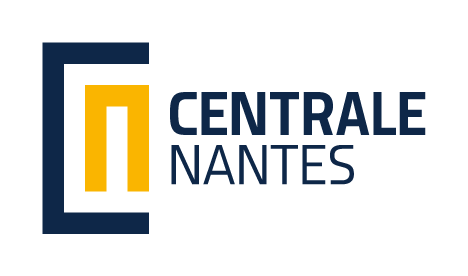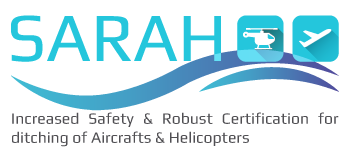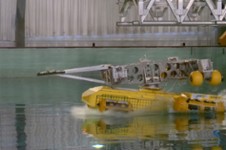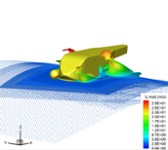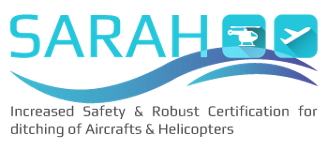Project News
- SARAH Project: testing successfully completed!April 12, 2019The SARAH research project, led by several academic and industrial players in the aeronautics field, focuses on emergency ditching for helicopters and airplanes.
- Simulation & emergency ditching in the SARAH projectDecember 12, 2018The SARAH research project, supported by several academic and industrial players in the aeronautics sector, focuses on emergency landing for helicopters and airplanes.
- The SARAH research project at CENTRALE NANTES on emergency ditchingNovember 19, 2018The SARAH research project, funded by the European Union, focuses on emergency ditching for helicopters and airplanes.
